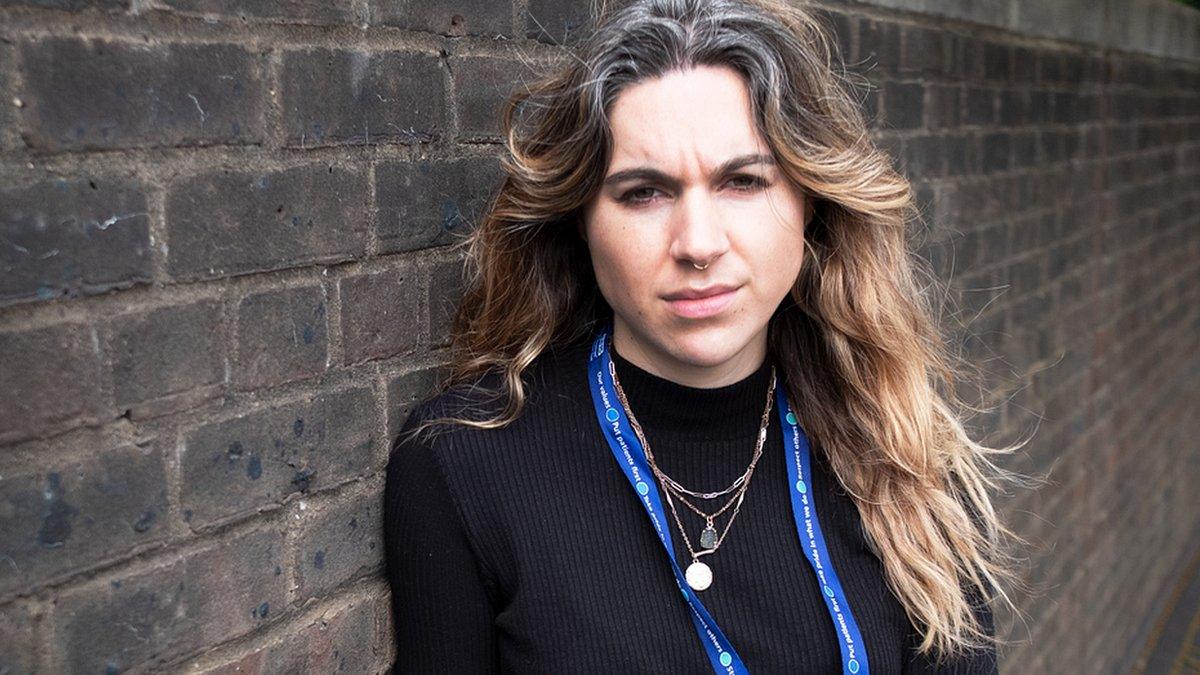The making of a housing benefit millionaire
- Published

Property developer Paul O'Rourke used one of his companies to buy a yacht like this one
A BBC Panorama investigation has uncovered property sales worth more than £120m linked to one successful developer and a charity he helped set up.
Former employees of the charity, My Space Housing Solutions, which has claimed tens of millions of pounds of public money to house vulnerable people, say it was too focused on expansion and failed to support some tenants. My Space and the property developer strenuously deny any wrongdoing.
Now questions are being asked about whether the charity could have done more to prevent dozens of tenant deaths over a two-year period.
The charity, which works mostly across the north of England, says there were no findings to suggest it was in any way responsible.
One property deal involving the developer and the charity saw the purchase - and then lease of 10 flats - of a block in Goole, East Yorkshire.
Property company Enabling Homes, owned by Paul O'Rourke, bought the block for £800,000.
On the same day the deal was finalised, 10 flats were sold to an investment company for nearly £1.6m. In less than 24 hours, they almost doubled in value.
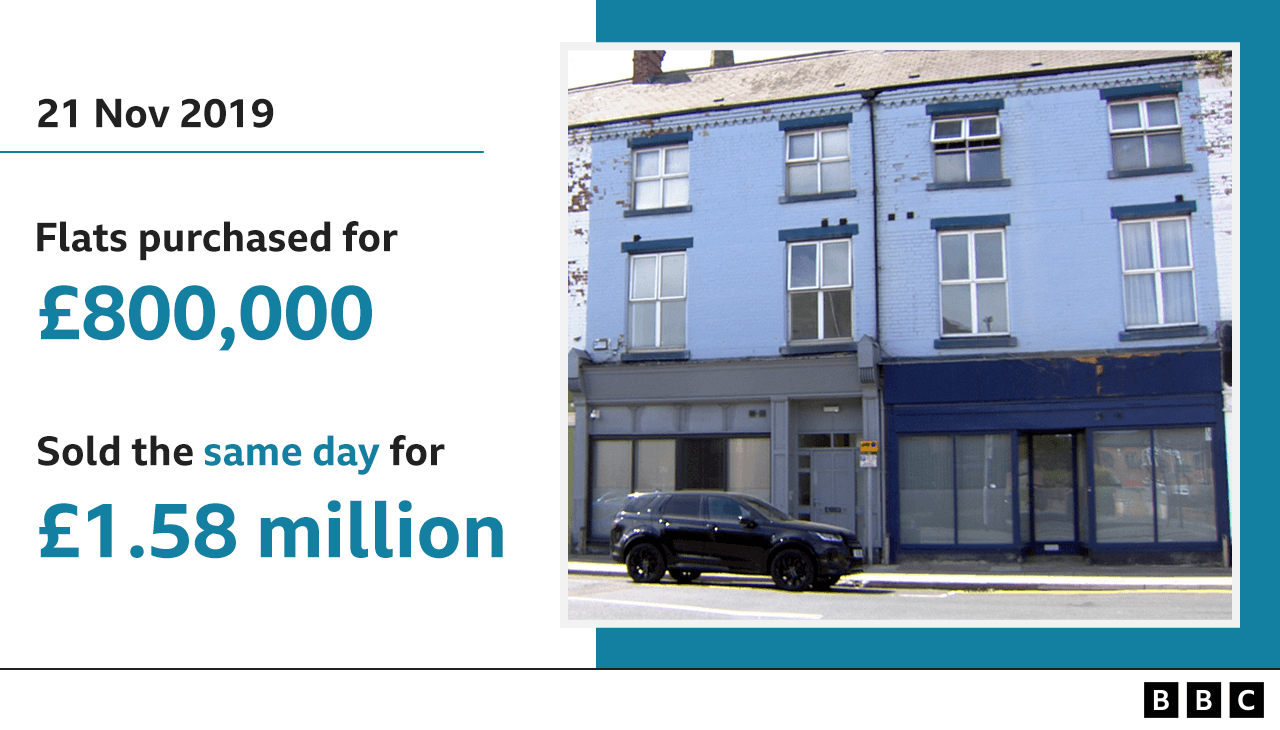
This price leap was a by-product of Enabling Homes' relationship with the housing charity My Space Housing Solutions.
What happened in the very short time Enabling Homes owned those flats is key to understanding why there was such a stark jump in value.
After the purchase was completed, My Space signed a 20-year lease for the flats, with the property investment fund - the flats' new owner.
My Space would now need to fill the flats with tenants for the next 20 years.
Why was this appealing for a buyer?
The charity supports vulnerable adults - people with learning difficulties, fleeing domestic violence, or recovering from substance abuse. It can claim housing benefit on their behalf.
So, in Goole, the new owner of the flats would be paid thanks to a stream of taxpayer-funded rents. That was certainly a major factor in almost doubling their value.
And My Space could expect more than standard housing benefit. Charities supplying specialist accommodation can claim higher amounts due to costs associated with these properties - like installing and running monitored CCTV.
When it works well, the system helps vulnerable people who need support to help them lead independent lives. Private landlords are not allowed to take on such tenants, but housing associations and not for profit organisations - such as My Space Housing Solutions - can act in this capacity. This is known as exempt accommodation.
In the past decade there has been substantial growth in the sector, accompanied by accusations of exploitation. Matt Downie, chief executive of the homeless charity Crisis, has called it "a really Wild West system where the winners are the people creaming off very large profits".
One former employee of My Space, who doesn't want to be identified, told the BBC the charity was "churning" through tenants, "as if they were cans of tuna, not people".
My Space has denied this. It said it only took on properties where there was demand and its objective, as a not-for-profit provider, was to house and support vulnerable adults.
Evidence uncovered by Panorama shows that companies linked to Paul O'Rourke have bought and then sold more than 100 properties that ended up being leased by My Space. This makes Mr O'Rourke the charity's biggest supplier by far, though the charity says it works with a number of developers and suppliers.

Panorama: The housing benefit millionaire
Or watch on BBC One on Monday 15 August - 20:00 in England, 20:30 in Northern Ireland, and 22:40 in Scotland and Wales.

It is not possible to know how much profit Mr O'Rourke made, because each transaction will have had significant costs such as taxes, renovations and legal fees. But Land Registry records show that, over time, his portfolio of properties sold for more than £120m - about £63m more than he paid.
Mr O'Rourke said this figure was very misleading, as it did not include his business costs or the financial support he offered My Space.
As Mr O'Rourke's property empire grew, what was happening to My Space and some of its tenants?
My Space Housing Solutions was founded in 2012 and has grown rapidly since.
In 2013, it had 76 tenants. It now has more than 1,500, across 63 local authority areas in England and Wales.
It has said that by 2024 it wants to more than double its tenants to almost 4,000. It doesn't own properties outright, many are on long term leases.
BBC Panorama has spoken to dozens of the charity's former employees. Many expressed concerns about the impact of the rapid expansion on tenants' welfare.
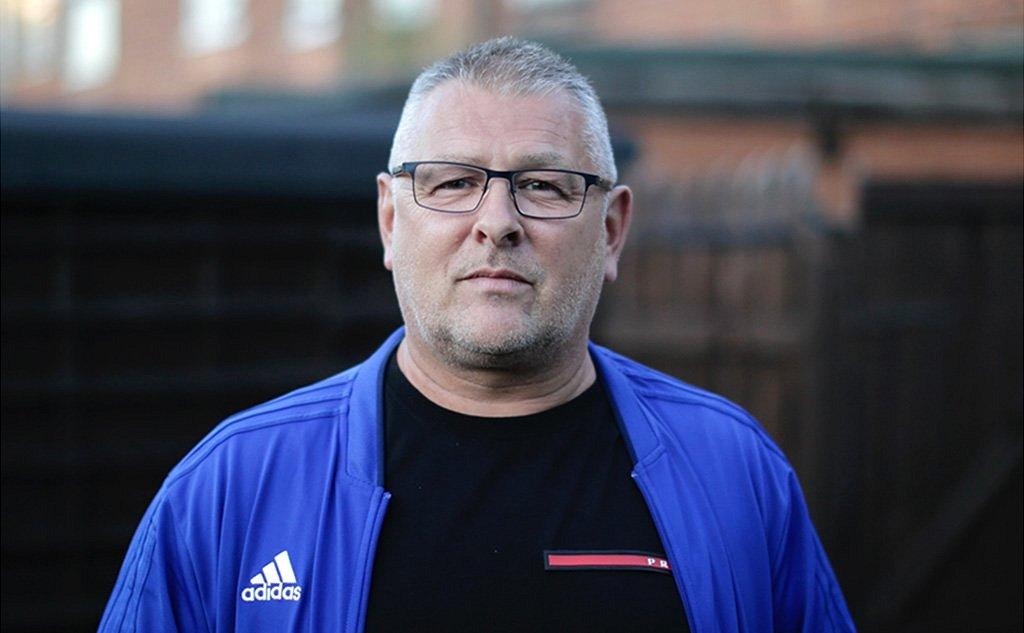
Mark Taylor says he saw My Space Housing Solutions grow "almost out of control"
Mark Taylor, a former prison officer, joined My Space in 2018 as a housing support officer working across Derbyshire.
He was initially excited by the new challenge and the feeling he could make a difference. "We were dealing with people turfed out from everywhere else… society's most vulnerable," he said.
In the year he worked there, he said he saw the charity grow "almost out of control". He said they would take on developments "here, there and everywhere".
It's good practice for supported housing organisations, such as My Space, to consider the mix of people they place in one building, for example recovering addicts together, or too many people with past convictions of violent crimes.
But this wasn't happening at My Space, according to Mr Taylor, contributing to outbreaks of anti-social behaviour.
In 2019, masked men were seen running out of one of My Space's buildings - Arcam House in the Derbyshire village of North Wingfield. One man was wielding a machete. Police had to cordon off the street. Arcam House was forced to close for three months after the machete incident.
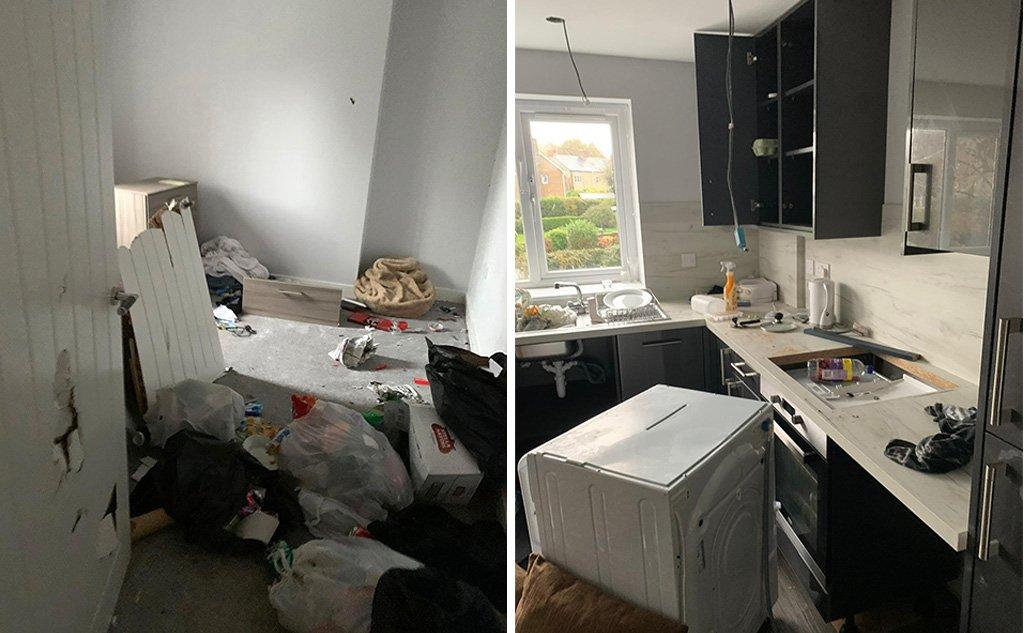
The damaged interior of Arcam House in North Wingfield, Derbyshire
My Space has denied it was under pressure to fill Arcam House. It told Panorama there were instances a few years ago where service levels fell below the standards it had set. It also said, lessons were learned and procedures were improved.
In 2019, Steve Andrews, was referred to My Space by the NHS. He had a history of serious mental health issues and had previously tried to take his own life.
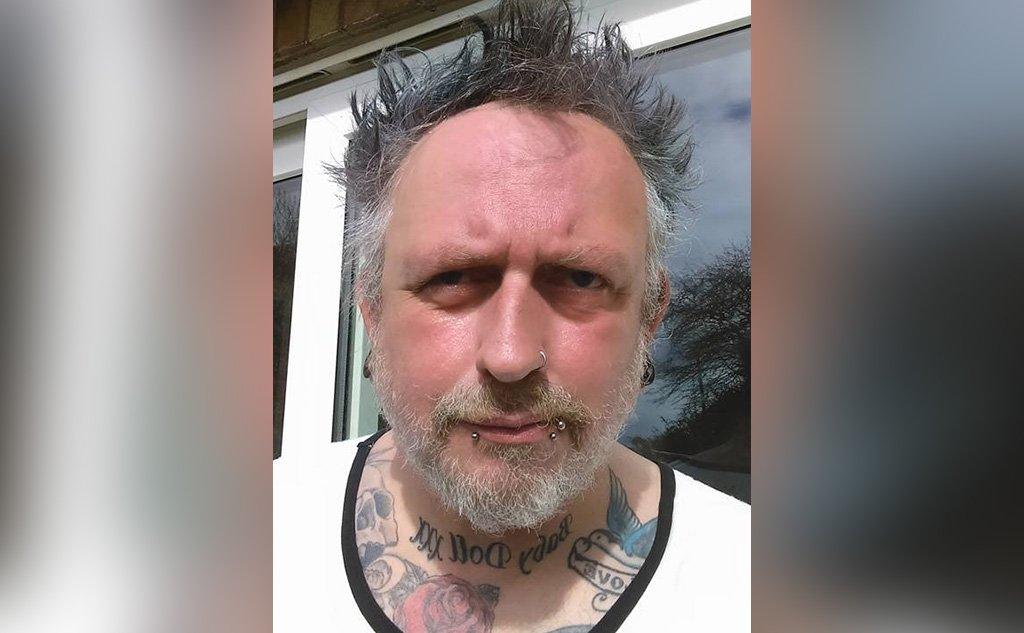
Steve Andrews was let down by My Space Housing Solutions, says his sister Sue
When My Space agreed to support him, Steve was excited to have his own place in Skegness and looking forward to having his family visit him more regularly. They were relieved he would have support.
My Space says their tenants must get a minimum of three hours support per week, which can be face-to-face or over the phone.
But over the course of six weeks, although Steve's housing support officer had tried to knock on his door, she only saw him briefly twice and spoke to him once on the phone.
One Friday in April 2019, Steve locked himself out of his flat. A My Space support officer, who helped him get back in, noticed he was in a very low mood and saw prescription pills scattered across the floor.
She raised concerns with her manager, and, as it was a Friday, the manager said she would ring Steve's mental health team after the weekend. In the meantime, she made sure he had the number for the crisis team.
Early on Sunday morning, Steve took his own life.
His sister, Sue, feels My Space failed him. "[They] should have dealt with it there and then, certainly not leave it from a Friday through to a Monday. That's a whole weekend of him struggling and feeling unsupported," she says.
Sue says there were clear warning signs. Her brother's health had deteriorated after moving into the flat, he had lost weight and begun taking recreational drugs for the first time in years.
"[My Space] didn't do what they were supposed to do, by doing the updates, by visiting him, making sure they know what's going on in their own building. I think that's why he was let down," says Sue.
My Space told Panorama Mr Andrews' death was a tragedy and said its sympathies remain with his family and friends. It also said the coroner did not reach the conclusion that My Space bore any responsibility for his death.
Research by Panorama found 47 My Space tenants died in a two-year period from June 2018, a time when the number of tenants on the charity's books was rising steeply.
More than a third died from natural causes, medical causes or where the cause was unknown. Four were alcohol-related, six people took their own lives, and 19 of the deaths were drug-related.
Homeless charity Crisis helps hundreds of people in exempt accommodation every year. Its chief executive, Matt Downie, believes the number of deaths at My Space was too high.
He said the figures were "absolutely scandalous". "I don't think it's acceptable to say that it's inevitable. It's not acceptable to say that people will die of overdoses," he said.
My Space said that it works with some of the most vulnerable people in society with a broad range of complex needs, such as severe mental health or addiction issues.
It added, while the death of any tenant is tragic, there has not been a single safeguarding report, coroner's finding or a serious incident review that has raised an issue of negligence by My Space in any way.
BBC Panorama has also been told of concerns that there could be a conflict of interest between the wealthy property developer, Paul O'Rourke, and My Space.
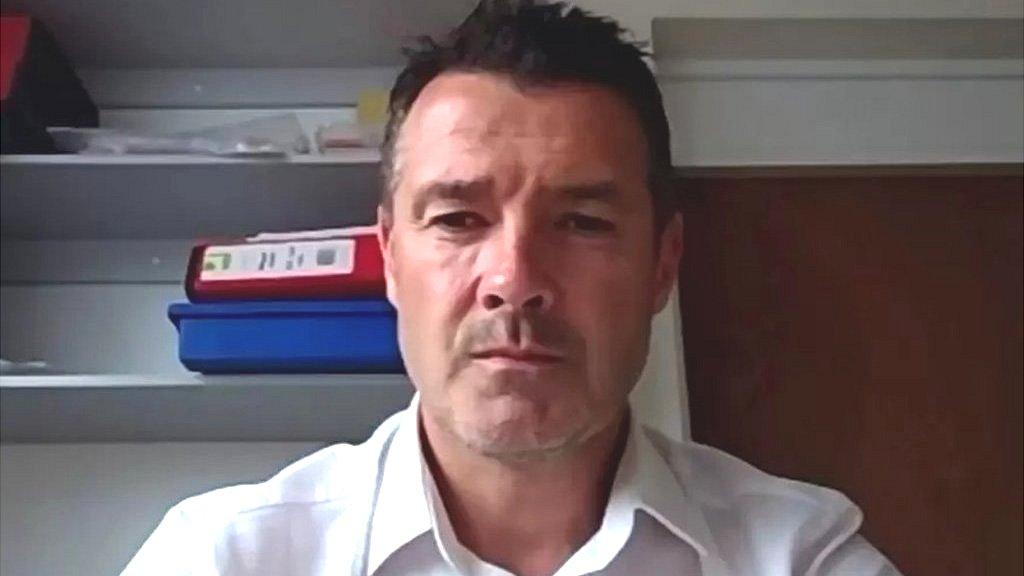
Property developer Paul O'Rourke strenuously denies he has undue influence over My Space Housing Solutions
Mr O'Rourke said he stepped back in 2016 from having an any official role at the charity, which he helped set up.
He said, because of his expertise in housing standards and legislation, he has on occasion advised My Space. The charity said he was never paid for this.
However, a former My Space employee told Panorama that Mr O'Rourke continued to exert influence over major decisions after 2016.
"He does take quite an active role, but it'll always be behind the scenes," she said. "If you work in head office, you know that's where the real power of My Space is."
Documents show Mr O'Rourke was invited to board meetings after 2016 and that there continued to be financial links between Mr O'Rourke, a company he controls, and My Space.
Evidence covering several years indicates Mr O'Rourke's firm, Enabling Homes, asked My Space to make short term loans totalling tens of thousands of pounds. In one case a payment of £250,000 was made and most returned to the charity a day later.
BBC Panorama showed some of its evidence to Francesca Quint QC, an expert in charity law.
"It sounds to me as though Paul O'Rourke's companies were using the charity as a sort of bank," she said.
Both Mr O'Rourke and My Space have strenuously denied he has undue influence.
My Space also says Mr O'Rourke plays no role in board decision making and all transactions with him and his companies are conducted at arm's length.
Mr O'Rourke says he hasn't attended a My Space board meeting since 2016.
He also denies loans were made after that date.
However, My Space says there may have been very short term loans and is now investigating.
The Department for Levelling Up, Housing and Communities recently announced new laws to protect vulnerable tenants and give councils stronger powers intervene. This has been backed by £20m of investment to drive up standards.
The department said there are many excellent supported housing providers, but there have been concerns - from the Regulator of Social Housing - about other housing charities having close links to property developers.
In 2020, the regulator investigated My Space Housing Solutions and concluded it was not complying with standards. It said it had concerns about how the charity was run, as well as its long-term financial viability.
My Space has now applied to come off the register of social housing providers, which means it will no longer be subject to scrutiny from the regulator.
My Space said if it comes off the register it will make no difference to the services it can provide or the public money it can claim. The charity has received more than £100m in public funds since it was founded in 2012.
Crisis says it has concerns beyond this one story. It says regulations governing exempt accommodation housing must be overhauled to better protect both tenants and taxpayers.
"This is a national scandal because at least £800m of taxpayers money is going to pay for this form of exempt accommodation," said Mr Downie.
Additional reporting by Ghazal Abbasi, Emily O'Sullivan and Galen Reich
Related topics
- Published3 August 2022
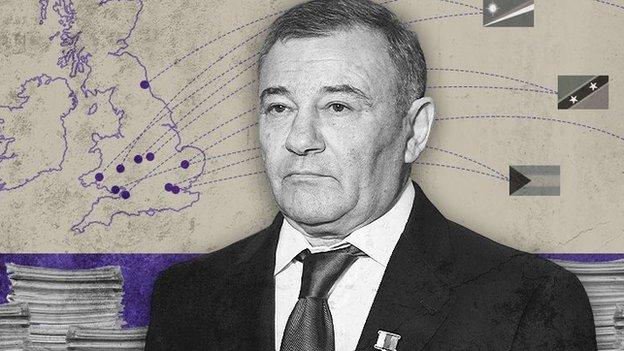
- Published13 June 2022
